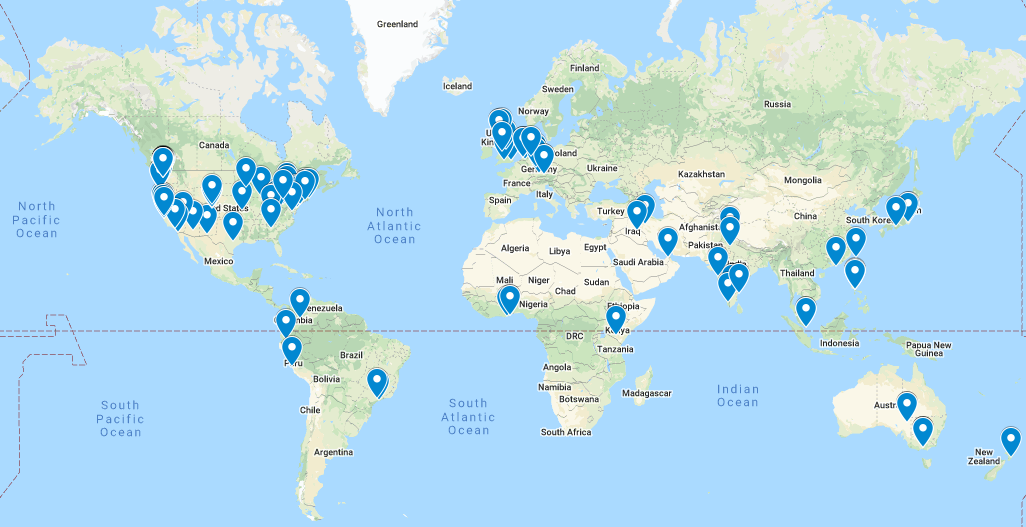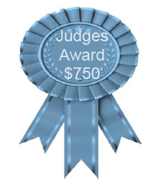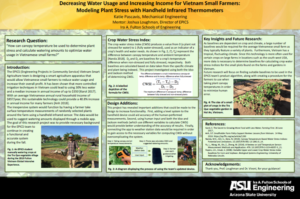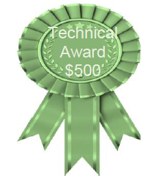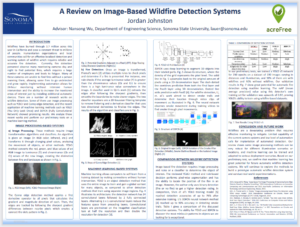
Download CFP (PDF)
Call for Late Papers 18-July
GHTC 2021 will be held as a Virtual Conference due to the impact of COVID-19.
The 2021 IEEE Global Humanitarian Technology Conference (IEEE GHTC 2021) is a flagship international conference sharing practical technology-enabled solutions supporting achievement of the United Nations Sustainable Development Goals (UN SDGs) by addressing the needs of underserved communities in resource constrained environments around the world.
Stakeholders from the public, private, education and research, societal, funding and donor sectors are invited to submit Oral Presentation proposals or Short Papers (early-stage results) as well as Full Papers (mature results), sharing Sustainable Development, ICT4D and Humanitarian Technology related insights, experiences, good practices and lessons learnt from a research, policy, practitioner and/or community perspective. Papers should present analysis of initial or final research results or a case study. General project descriptions are not appropriate. Submissions will be assessed for quality, relevance, consideration of ethical issues, methodological vigor and potential or actual impact.
Submissions by community representatives, practitioners (governmental, for-profit and nonprofit), academics, private sector organizations and policy makers describing intervention design and implementation, field experiences and best practices, case studies, project monitoring and evaluation results, and original research are of particular interest. Paper submissions should include results that have not previously been published and should not have been submitted to another conference or journal.
Please note that all submissions will undergo a Plagiarism Check before being assigned for blind peer review by members of the IEEE GHTC 2021 International Technical Programme Committee (TPC), who are all experienced subject matter experts.
IEEE GHTC 2021 Thematic areas include (but are not limited to):
- Good Health and Well Being (SDG3)
- Affordable and Clean Energy (SDG7)
- Communication/Connectivity in Support of Development
- Disaster Mitigation, Preparedness, Response and Recovery
- Quality Education (SDG4)
- Clean Water and Sanitation (SDG6)
- Decent Work and Economic Growth (SDG8)
- Agriculture and Food Security (SDG2)
- Other Related United Nations Sustainable Development Goals (e.g. SDGs 9, 11, 12, 14)
- Technology Impacts on Societal Evolution
For complete details on topics and submission see the Call for Papers page.
As well as describing ethical and sustainability challenges and technological aspects, submissions are encouraged to consider socio-cultural, socio-economic, environmental and policy perspectives, and explain how Sustainable Development related good practices such as skills capacity building, community ownership, Co-design, Collaborative Open Innovation, and Theory of Change are applied.
Three types of submissions are invited for presentation at GHTC:
Full Papers: mature results or completed projects and should not exceed eight pages.
Short Papers: interim results, experiences and perspectives, and should be three to four pages in length including a short reference section.
Oral-Only: work-in-progress; projects at an early stage of implementation; option for community representatives, practitioners or policy makers who prefer not to write a paper. Oral-Only submissions should be described in one or two pages.
NOTE: we are accepting proposals for multi-stakeholder Special Sessions (up to 8 pages)
Accepted Full Papers, Short Papers and Oral-Only Presentations will be grouped thematically to facilitate focused discussion, community building and networking based on common interests.
Selected accepted Full Papers will be invited to submit a revised, extended version to an IEEE journal.
KEY DATES
| Full Paper, Short Paper and Oral-only submission for review deadline | May 15, 2021 / 4-Jun-21 (extended) |
| Special Sessions (e.g. demo, panel, discussion) deadline | June 15, 2021 |
| Notification of acceptance / revision requirements | July 12, 2021 (revised) |
| Late Full Paper, Short Paper and Oral-only submission for review deadline | July 2, 2021 July 18, 2021 (firm) |
| Late Submission Notification of acceptance / revision requirements | Late July 2021 |
| Submission of Final Full Paper/Short Paper and Oral-only Presentation | August 14, 2021 (revised) |
| Author Copyright forms deadline | same as Final deadline |
| Author early registration deadline | August 23, 2021September 10, 2021 (revised) |
| Early registration deadline | September 20, 2021 |
| Recorded presentations due | September 30, 2021 |
IEEE GHTC 2021 is Sponsored by IEEE Region 6, IEEE Seattle Section and IEEE SSIT, with Technical Co-Sponsorship by IEEE-USA, IEEE PELS, and (expected) IEEE CTS, IEEE EMBS, IEEE MTT, IEEE PES, and IEEE Smart Village Initiative.








